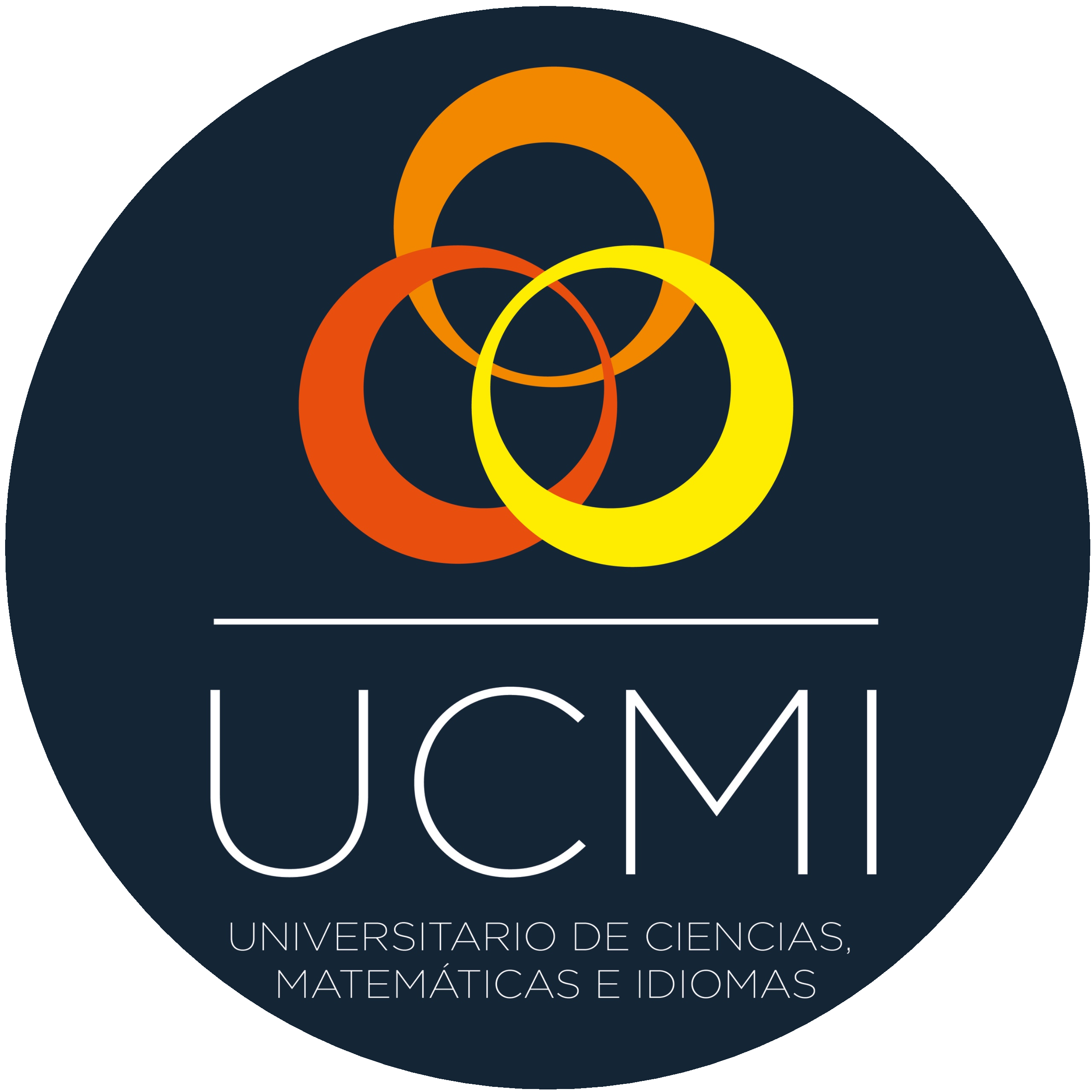Tema 1.1: Grammar. Introduce yourself. Live, study and work.
|
TEMA 1: INTRODUCE YOURSELF |
|
GRAMMAR |
|
VOCABULARIO |
EXPRESIONES DE SALUDOS
| Hi! | Hello! | Hey! | What's up? | Howdy! |
|---|---|---|---|---|
| ¡Hola! | ¡Hola! | ¡Oye! | ¿Qué tal? | ¡Hola! |
| Good morning! | Good afternoon! | Good evening! |
|---|---|---|
| ¡Buenos días! | ¡Buenas tardes! | ¡Buenas noches! |
EXPRESIONES DE PRESENTACIÓN
| My name is John | I am John Carter | Nice to meet you! |
|---|---|---|
| Me llamo John | Soy John Carter | ¡Mucho gusto! |
| Nice to meet you, too! | What is your name? | My name is Peter |
|---|---|---|
| ¡Mucho gusto, también! | ¿Cómo te llamas? | Me llamo Peter |
| What is your first name? | What's your last name? | My first name is Charles |
|---|---|---|
| ¿Cuál es tu primer nombre? | ¿Cuál es tu apellido? | Mi primer nombre es Charles |
| My last name is Morrison |
|---|
| Mi apellido es Morrison |
Como podemos ver, podemos contraer what is como what's como en What's your last name?
EXPRESIONES DE DESPEDIDA
| Good night! | See you later! |
|---|---|
| ¡Buenas noches! | ¡Te veo más tarde! |
| See you tomorrow! | Goodbye! | Bye! |
|---|---|---|
| ¡Te veo mañana! | ¡Adiós! | ¡Adiós! |
| See ya! | Take care! | Later! |
|---|---|---|
| ¡Nos vemos! | ¡Cuídate! | ¡Hasta más tarde! |
| Catch you later! |
|---|
| ¡Hasta luego! |
|
PRESÉNTATE A TI MISMO |
"HOW ARE YOU?" Y SUS RESPUESTAS
How are you?
significa ¿Cómo estás?
Las posibles respuestas para
"How are you?"son las siguientes:
1. How are you?
¿Cómo estás?
2. I’m fine, thanks.
Estoy bien, gracias.
3. Very good, thanks, and you?
Muy bien, gracias, ¿y tú?
4. Very well, thanks, and you?
Muy bien, gracias, ¿y tú?
5. So far, so good!
¡Hasta ahora todo bien!
Very well es una frase que se puede traducir como muy bien. Se usa más para estados de salud o bienestar. Very good es una frase que se puede traducir como muy bueno. Suena un poco menos natural para responder, aunque no es incorrecto.
PREGUNTAS Y RESPUESTAS COMUNES EN UNA CONVERSACIÓN
Existe un conjunto de preguntas y respuestas sencillas que podemos hacer y responder en una conversación. Estas preguntas y respuestas son:
a) Where are you from? - ¿De dónde eres?
d) What is your e-mail address? ¿Cuál es tu dirección de correo electrónico?
El número cero también puede pronunciarse como una "o" (/ou/).
LOS VERBOS TO LIVE, TO WORK Y TO STUDY
Los verbos to live (vivir), to work (trabajar) y to study (estudiar) se conjugan para I (yo) de la siguiente manera:
I live (Yo vivo).
I work (Yo trabajo).
I study (Yo estudio).
Para responder por nosotros mismos con los verbos live, work y study y la ciudad donde vivimos o trabajamos, usamos la siguiente sintaxis:
I live in (Lugar donde vives).
I work in/at (Lugar o instancia donde trabajas).
I study in/at (Lugar o instancia donde estudias).
Ejemplos:
1. I live in El Puyo.
2. I live in Quito.
3. I work in Caracas.
4. I work in Otavalo.
5. I study in Cuenca.
6. I study at the National Open University.
Con los verbos live, work y study podemos hacer preguntas o responder a nuestro oyente como sigue a continuación:
a) A: Where do you live?
Ejercicios
Ayude al teacher a traducir al inglés las siguientes expresiones:
1. ¡Hola! ¿Cómo estás?
2. Soy Julio. ¡Mucho gusto también!
3. ¡Adiós, Carla! ¡Nos vemos mañana!
4. ¡Hola, Juan! ¿Qué tal?
5. Yo vivo en Otavalo.
|
EJERCICIOS RESUELTOS ERG.1.1.1. |
Para realizar el ejercicio, haz clic en el botón "EJERCICIOS": EJERCICIOS
|
EJERCICIOS PROPUESTOS EPG.1.1.1 |
Descarga el PDF para consolidar el conocimiento adquirido:
DESCARGAR PDF
Comentarios
Publicar un comentario